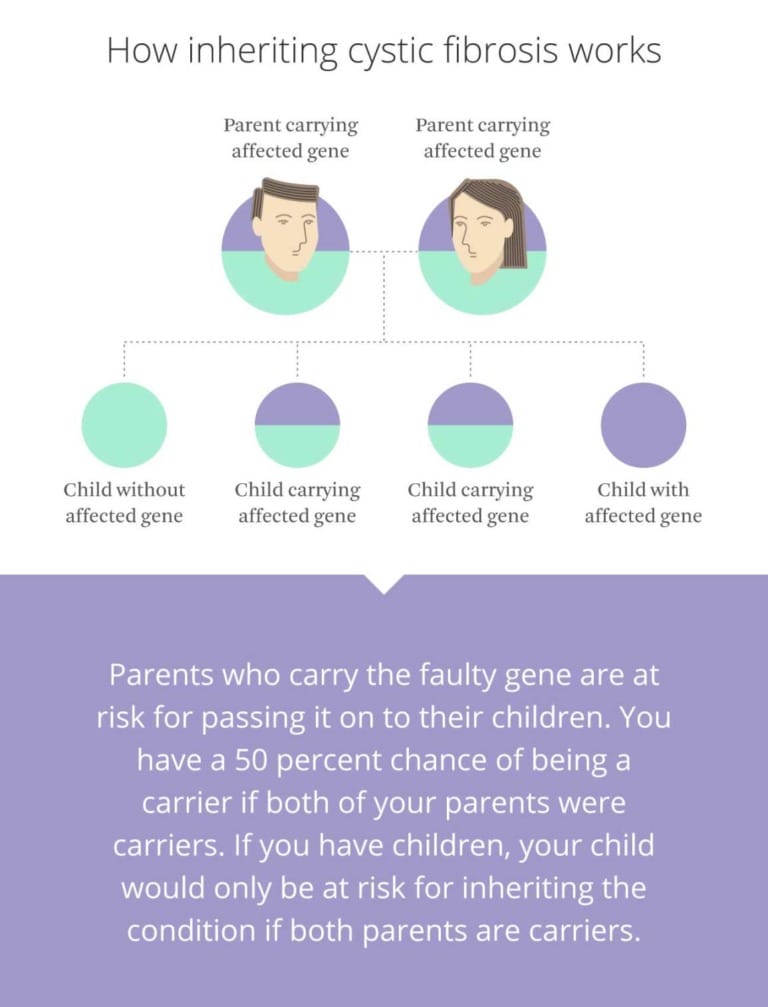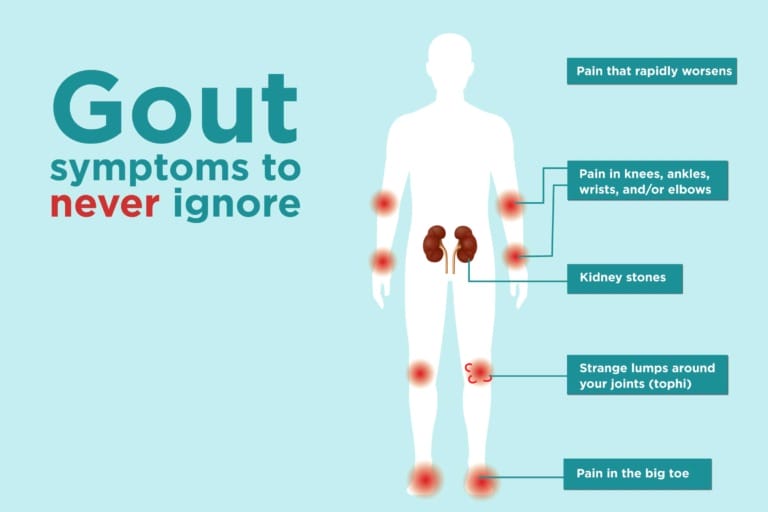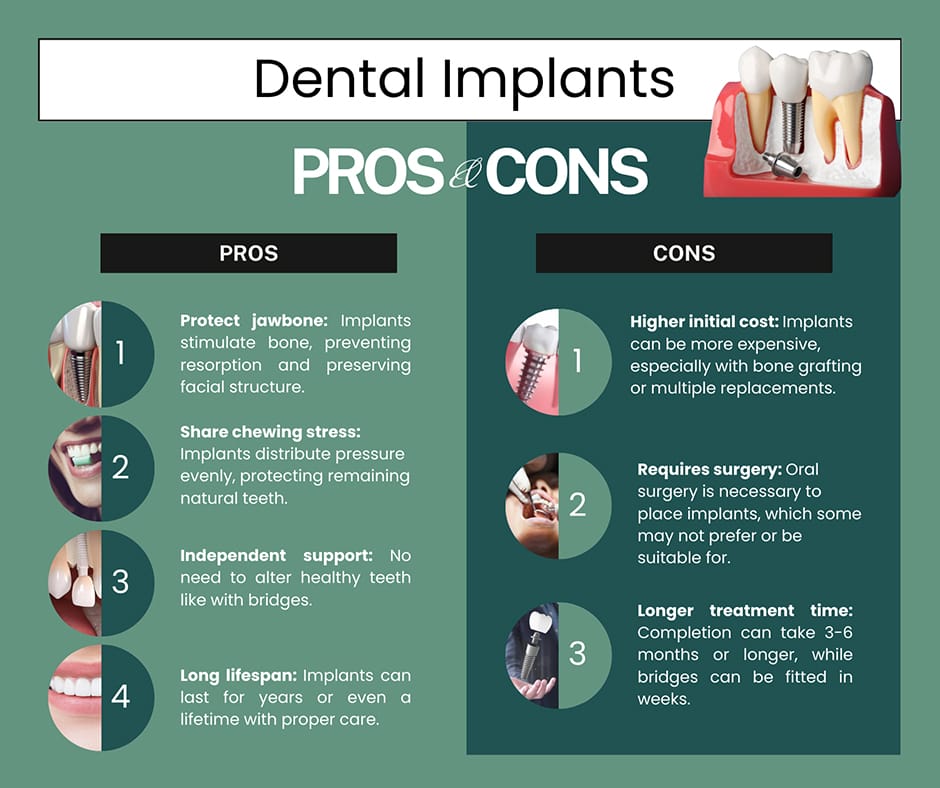
Dental implants can be expensive and require a lengthy healing process. There is also a risk of infection and complications.
Dental implants are a popular choice for replacing missing teeth. They offer a permanent solution that looks and functions like natural teeth. Despite their benefits, there are some disadvantages to consider. The cost can be high, making them inaccessible for some people.
The healing process can take several months, requiring multiple visits to the dentist. There’s also a risk of infection, which can lead to additional treatments. Some patients may experience pain or discomfort during the recovery period. Understanding these potential drawbacks can help individuals make informed decisions about their dental health. It’s essential to weigh the pros and cons before opting for dental implants.
Cost Concerns
Dental implants are very expensive. The process includes consultation, surgery, and recovery. Each step requires specialized tools and expertise. The overall cost can be overwhelming for many people. Insurance plans often do not cover the full amount. This can lead to out-of-pocket expenses.
Maintenance of dental implants also adds to the cost. Regular check-ups are necessary to ensure they stay in good condition. Professional cleanings are often required. Replacing parts of the implant can be costly too. All these factors contribute to ongoing expenses. It is important to consider these costs before deciding on implants.

Surgical Risks
Infection can occur after dental implant surgery. Bacteria can enter the surgical site. This may lead to swelling, pain, and fever. Good hygiene is very important. Always follow your dentist’s instructions. This helps lower the risk of infection.
Nerve damage is another risk. It can cause pain, numbness, or tingling. This may affect your teeth, gums, lips, or chin. Sometimes, the damage is temporary. In other cases, it can be permanent. Careful planning by your dentist is crucial. They will use X-rays to avoid this risk.
Healing Time
The recovery period for dental implants can be long. It often takes several months to fully heal. Some people may find this process frustrating. During this time, you must follow specific care instructions. Eating certain foods might be difficult. Regular check-ups with your dentist are also necessary.
Many patients experience discomfort after the procedure. This can include swelling, bruising, and pain. These symptoms are usually temporary but can be bothersome. Over-the-counter pain medication can help manage the discomfort. Proper care and hygiene are essential to reduce these symptoms.
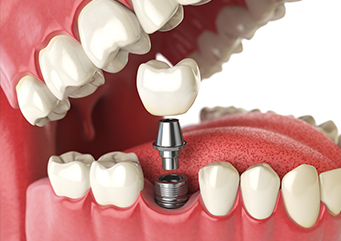
Potential Failures
Sometimes, the body may reject the implant. This is rare but can happen. Signs include pain, swelling, or infection. Rejection may need the implant to be removed. It can be caused by an allergic reaction or poor bone quality.
Bone loss around the implant is a concern. This may weaken the implant. Poor oral hygiene can increase this risk. Regular check-ups can help monitor bone health. In some cases, bone grafting may be necessary.
Maintenance Requirements
Dental implants require regular maintenance, such as good oral hygiene habits and routine check-ups. Disadvantages include potential complications like infection, implant failure, and gum recession. Regular upkeep is vital to prevent these issues and ensure long-term implant success.
Regular Check-ups
Dental implants need regular check-ups. Dentists check implants to ensure they are in good condition. Visits to the dentist must be done at least twice a year. Skipping these check-ups can lead to problems. Dentists can catch issues early during these visits.
Special Cleaning
Special cleaning tools are needed for dental implants. Regular toothbrushes might not be enough. Special brushes or floss can help. These tools clean areas around the implant. Keeping implants clean is very important. Poor cleaning can cause infections or other issues.
Possible Allergic Reactions
Some people may be allergic to the materials used in dental implants. Titanium is common in implants, but some can react to it. Reactions can cause inflammation and pain in the mouth. Always discuss material options with your dentist.
Watch for signs of redness, swelling, or itching around the implant area. Other symptoms include burning sensations and discomfort. These can indicate an allergic reaction. Contact your dentist if symptoms appear.
Impact On Adjacent Teeth
Dental implants can cause structural changes to nearby teeth. The implant may put pressure on adjacent teeth. This can lead to shifting and misalignment. Teeth may become loose or unstable. The bone around the implant can erode. This affects the support of nearby teeth.
Implants can create pressure problems. This pressure can cause pain in nearby teeth. Chewing can become uncomfortable. Biting down may hurt. The pressure can also damage the roots of adjacent teeth. This may lead to further dental problems.
Lifestyle Adjustments
Dental implants need special care. Hard foods can damage the implants. Sticky foods can get stuck and cause problems. Sugary foods can lead to decay. Avoid these foods to protect your implants. Chewing gum is also not recommended. Always follow your dentist’s advice on diet.
After getting dental implants, avoid strenuous activities. Heavy lifting can put pressure on the implants. Sports like football or boxing can be risky. Always use a mouthguard for protection. Swimming can also be risky due to bacteria in water. Follow your dentist’s guidelines for safe activities.
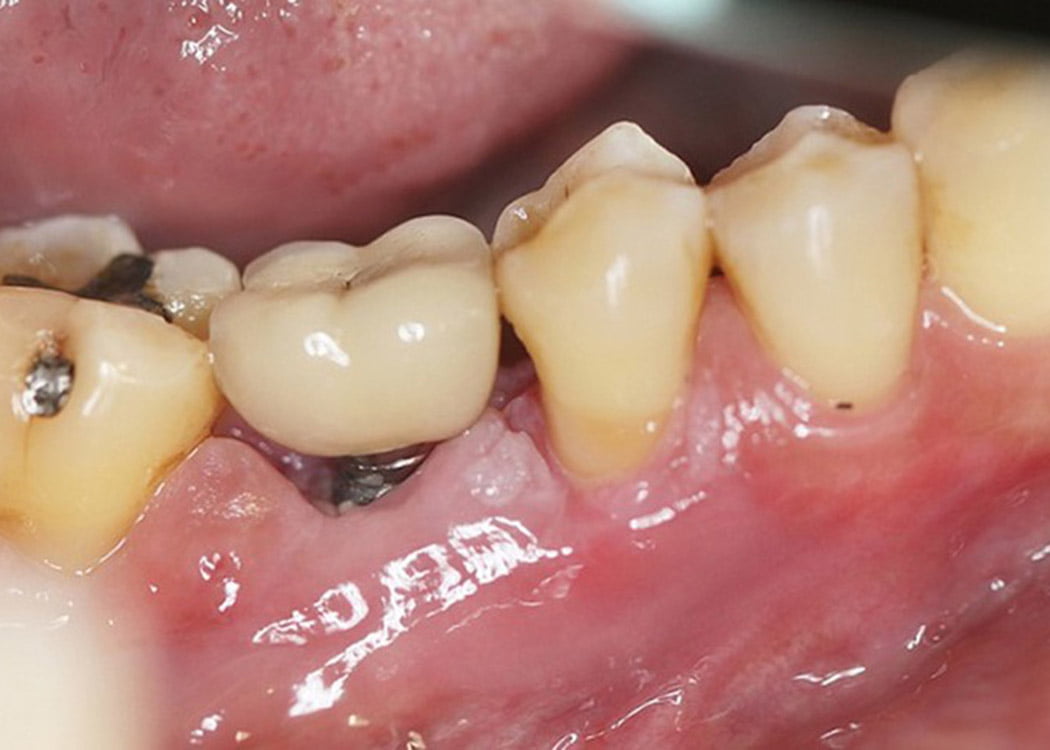
Frequently Asked Questions
Are Dental Implants Expensive?
Yes, dental implants can be costly. They often involve surgery and multiple dental visits. The cost varies based on location and complexity.
Do Dental Implants Require Surgery?
Yes, dental implants require a surgical procedure. The surgery involves placing the implant into the jawbone. Recovery time is also necessary.
Can Dental Implants Cause Infection?
Yes, dental implants can sometimes cause infections. Poor oral hygiene or surgical complications can lead to infection. Regular dental check-ups are essential.
Are Dental Implants Painful?
The procedure can cause discomfort. Pain is usually manageable with medication. Post-surgery, some soreness is normal but temporary.
Conclusion
Dental implants have significant benefits but also notable drawbacks. Potential issues include cost, surgery risks, and healing time. Always consult with a dental professional to weigh the pros and cons. Personalized advice ensures the best decision for your dental health.
Thorough research and expert consultation are essential for informed choices.


